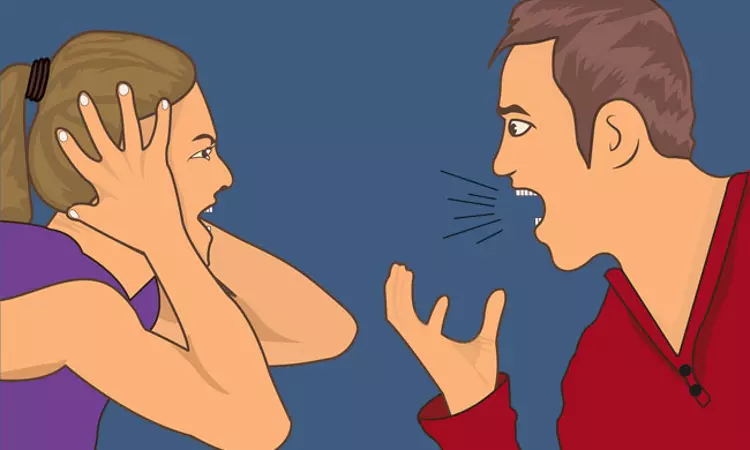Day-To-Day Bickering Between Husband & Wife Not ‘Cruelty’ Under Section 498A IPC: Calcutta High Court
Srinjoy Das
31 Aug 2023 5:42 PM IST

Next Story
31 Aug 2023 5:42 PM IST
The Calcutta High Court’s Circuit Bench at Jalpaiguri has recently held that cruelty contemplated u/s 498A would be different from general matrimonial disturbances faced by a couple, and that general allegations could not be made to establish a crime u/s 498A.In upholding the appellant’s conviction u/s 323 IPC for voluntarily causing hurt to his wife, while discharging him u/s 498A IPC,...
